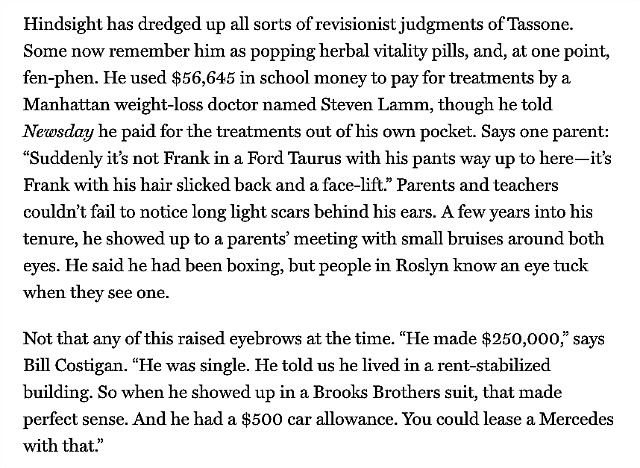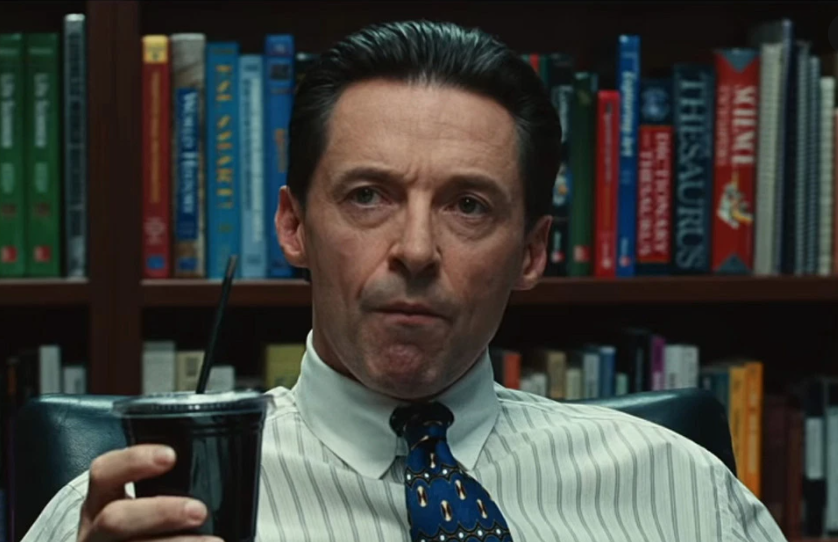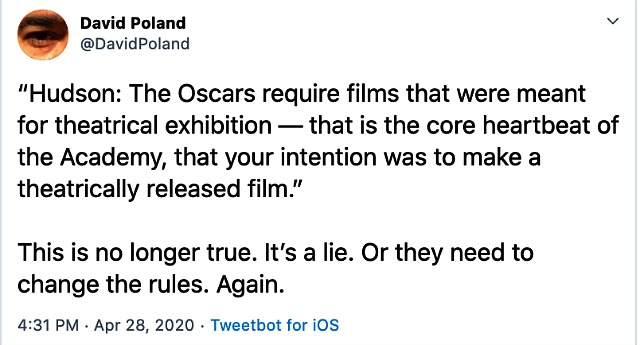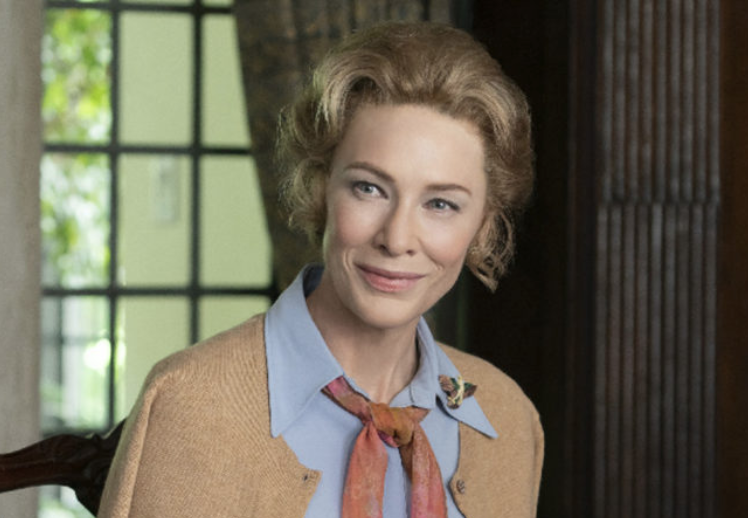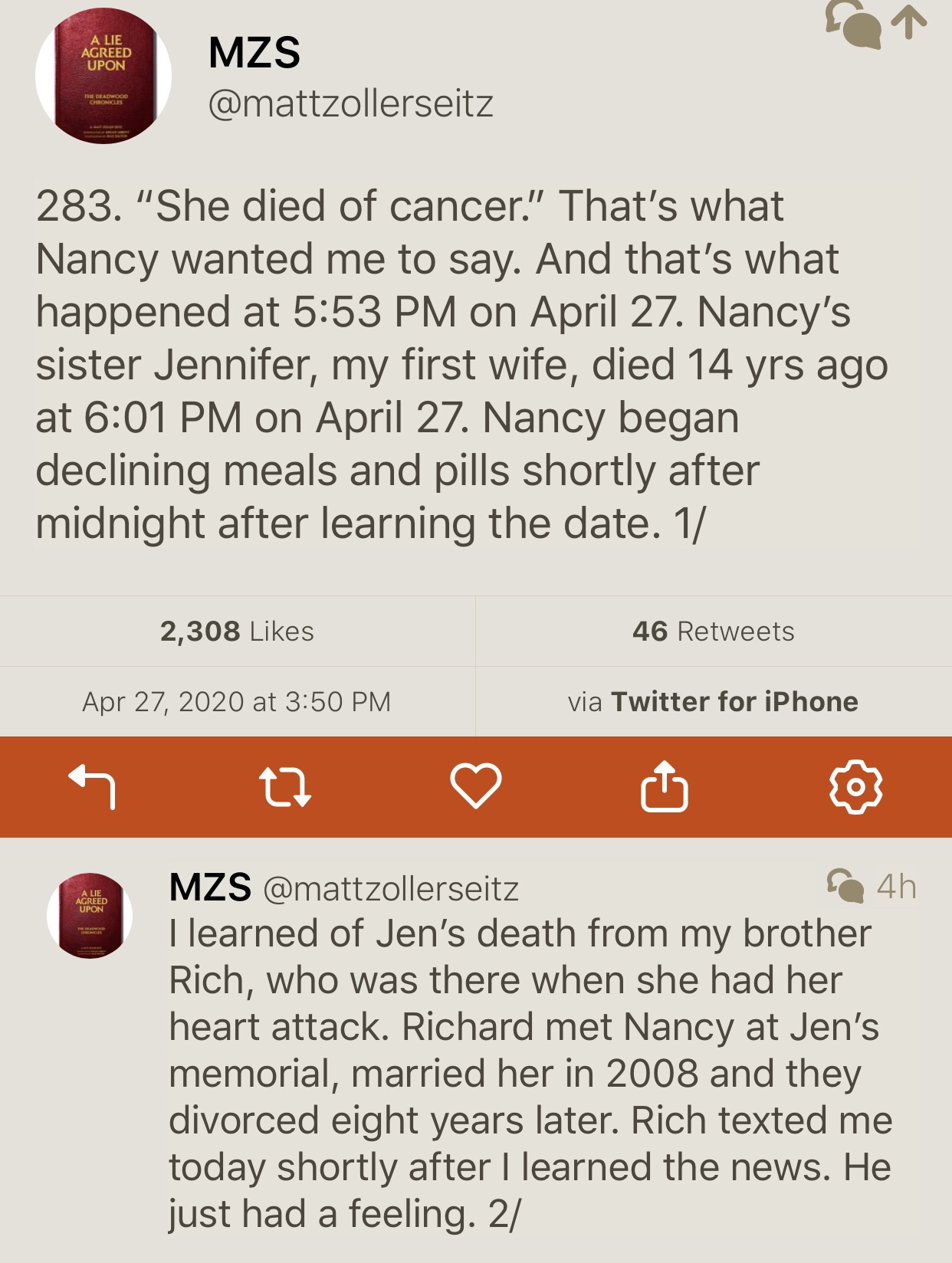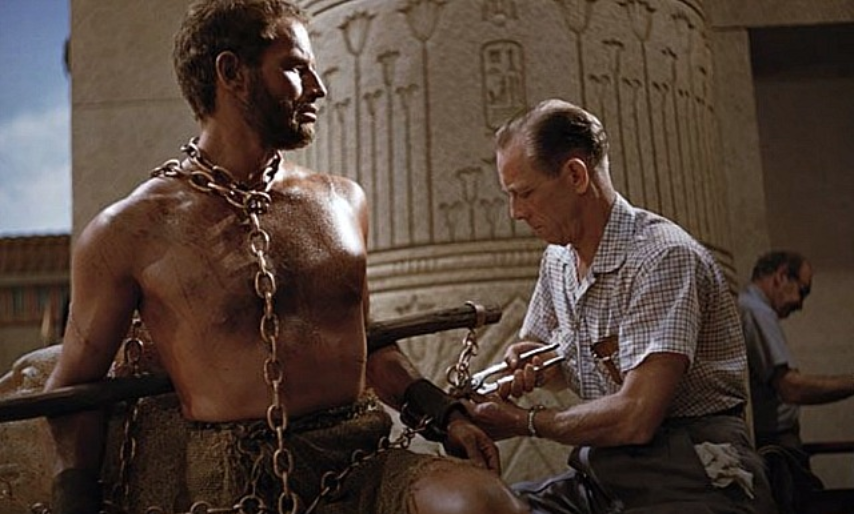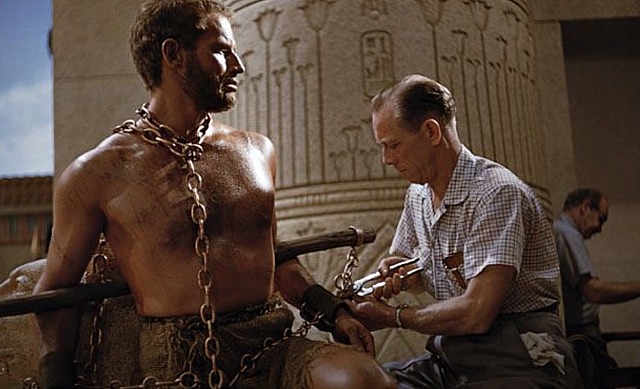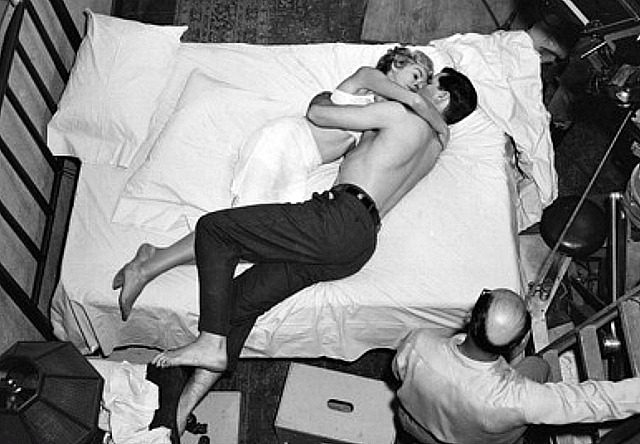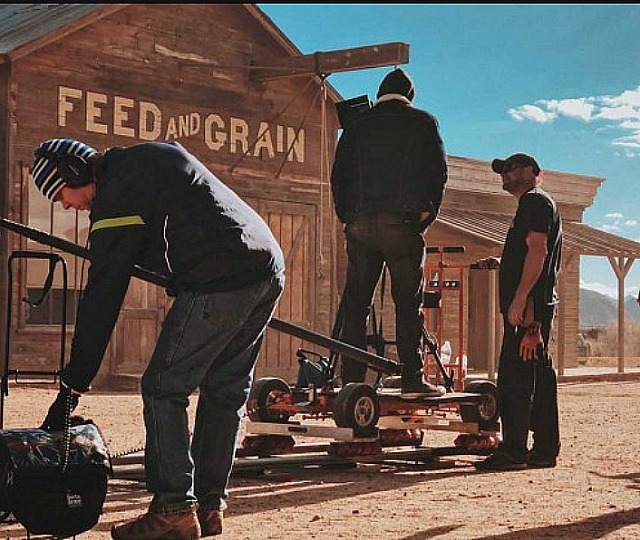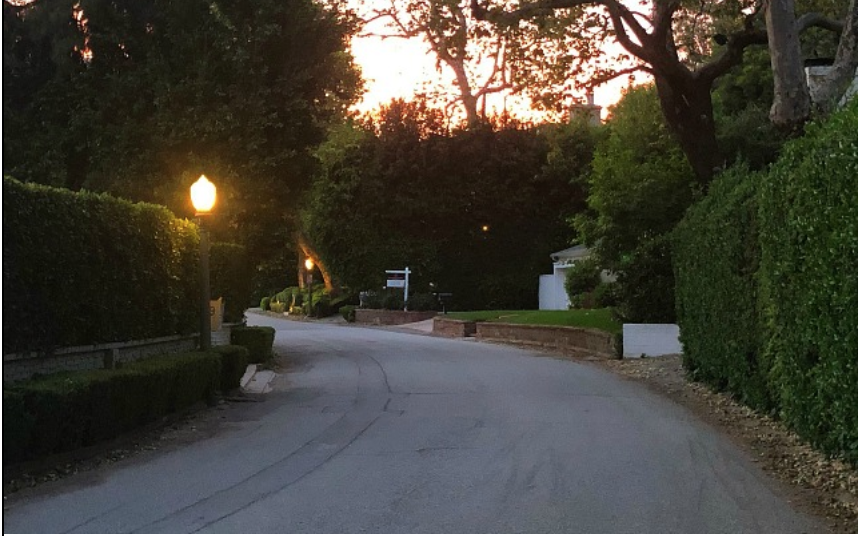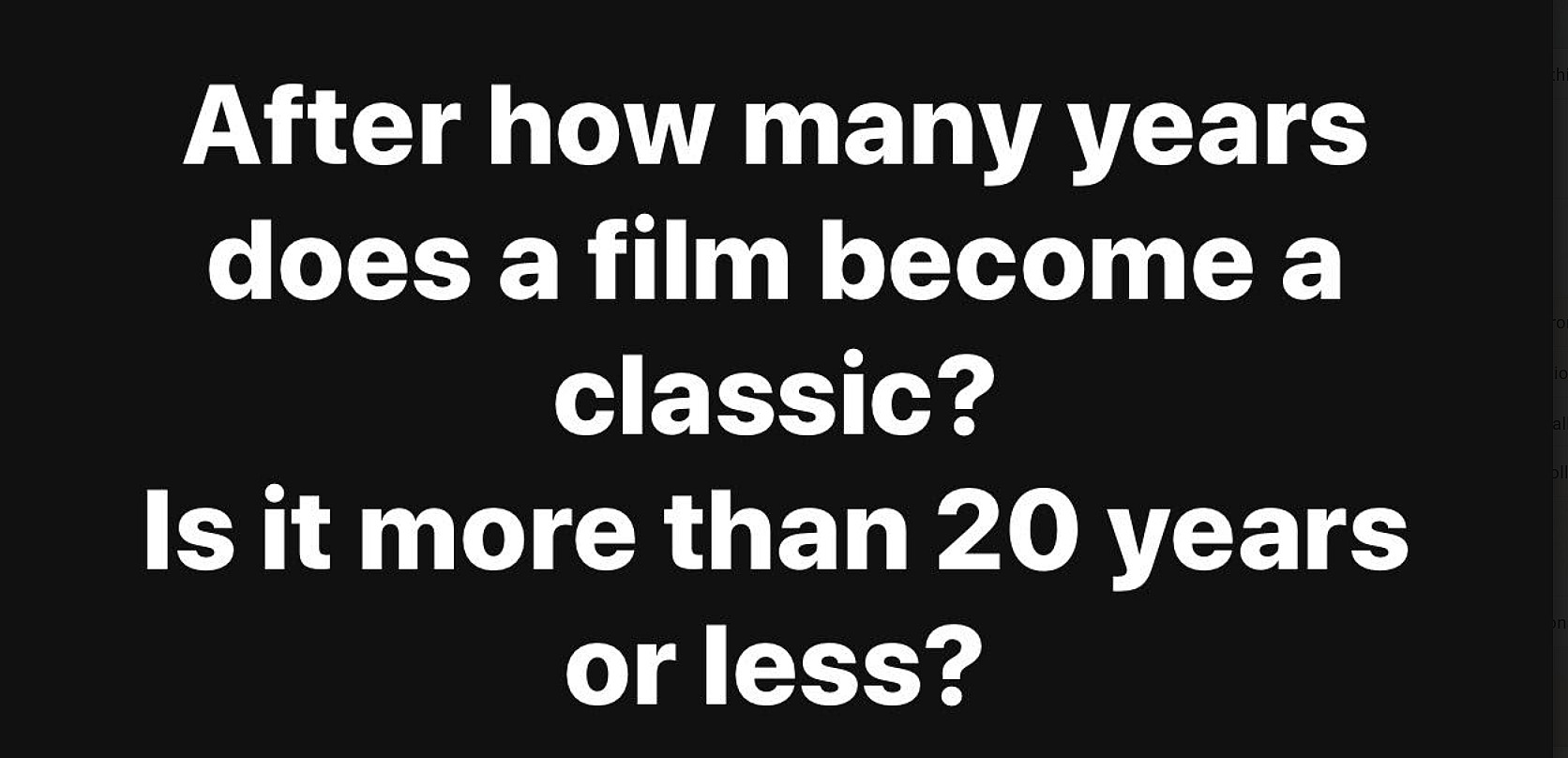Last weekend I saw HBO’s Bad Education, a somewhat riveting, fact-based drama about a bizarre heist in plain sight. The focus is the infamous Roslyn embezzlement scandal of the early aughts. But I couldn’t get it up when I tried to write about it. This was because I couldn’t quite comprehend the insanely self-destructive acts of administrative thievery that this film is…well, partly about.
It’s also about the generally insane notion that living high on the hog is everything in life, and that all you need to sleep through this kind of brazen flim-flamming is a little vial of denial.
I understand Butch and Sundance robbing banks in the old days. I understand the gangs who stole jewels in Rififi and Topkapi. I can relate to the British thugs who pulled off the Great Train Robbery of 1963. Because they all thought they had a decent chance of getting away with it. Why rob anyone or anything if you can’t escape the law, right? But I can’t fathom how or why a pair of senior school administrators expected to get away with stealing over $6 million from a prosperous school district in Roslyn, Long Island — the largest public school embezzlement in American history.
Bad Education is about Roslyn’s secretly gay and deeply frustrated school district superintendent Frank Tassone (Hugh Jackman) and his assistant superintendent and business administrator Pamela Gluckin (Allison Janney) using taxpayer money to buy homes, travel all over, wear swell duds, drive pricey cars, get plastic surgery touch-ups (although not in Prague) and so on. And then wave it all off when questioned by whomever
When Gluckin’s embezzling was exposed, Tassone forced her to resign and surrender her license. But then a reporter for the school’s newspaper uncovered what she thought was a $250K embezzlement scheme involving both of them. The actual figure was much higher. Tassone had pocketed $2.2 million from school district coffers, and Gluckin admitted to stealing almost double that — $4.3 million.
In ’06 Tassone was sentenced to four to 12 years in prison, although he was released in 2010. Gluckin, sentenced to 3 to 9 years in ’06, was released a year later. She died in 2017. Tassone is living comfortably on a lifetime annual pension of $173,495.
Yes, Jackman’s portrayal of Tassone is slick and sad and altogether engaging, and the role is one of his best-written. But he’s playing an incomprehensible sociopath, and I kept asking myself “who believes they can get away with this kind of pilfering? Stuff like this always comes out in the wash sooner or later. It’s all tracable, all on the books…just a matter of time.”
Cory Finley‘s direction is so confident and smooth that it’s invisible. Mike Makowsky‘s highly arresting script is based on “The Bad Superintendent,” a 9.17.04 New York article by Robert Kolker. I read Kolker’s piece as soon as my viewing ended, of course. Here’s an excerpt:
